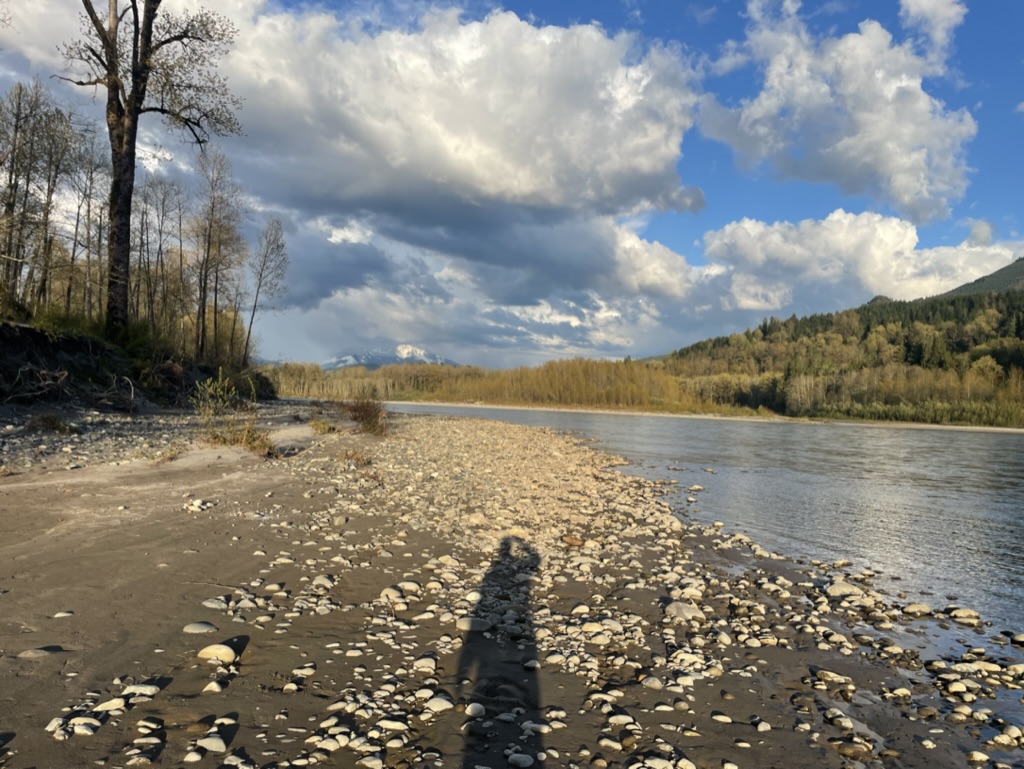
I have been reflecting and meditating on Pope Francis’s public apology for the role of the Roman Catholic Church in Boarding Schools. I appreciate that his leadership will lead to many such reflections.
In the course of my work, I talk with leaders of many wisdom traditions. These conversations are really, really fun. Sometimes I can’t believe I actually get to be in relationship with people like this as part of my life.
Each leader shares the core values of their tradition. Almost always, in the same breath, they share how often they and their community fall short of their values. I think it is better to state our values and try, than to keep silent hoping we can avoid responsibility for falling short. Inherent in forming a group of people with values and visions for making the world a better place, is a robust practice of perceiving and accepting the mistakes, failures, pride, and passivity that are inherent to the human experience as individuals and groups. This is why we include the words “capacity for self-critique” in our definition of a wisdom tradition.
I recognize this from my own tradition, in which in the Lord’s Prayer it says: forgive us our sins, as we forgive those who sin against us. This is not a throw away line. It is central to the prayer and to the Christian self-awareness as a community: We will fall short of our ideals and we will harm others as both individuals and as a community.
We cannot love the Creator of all and not love the All.
Formed by his own Jewish tradition, Jesus had a rigorous, thorough, and intense view of the process of what it means to “forgive” and “be forgiven.”
- Acknowledge the harm
- Stop doing the harm and reflect on one’s own values and character
- Make restitution acceptable to those harmed
- Make a public apology
- Hope for reconciliation with those harmed.
This is the shorthand version of a process called “teshuvah.” When Jesus says the word “forgive” he means this whole process of teshuvah. It is a process of what today would be called restorative justice.
Many Christians think that “forgiveness” is the requirement of those harmed to let those who do harm not take responsibility for their actions. This places the majority of the responsibility for reconciliation on the individuals and communities that have been harmed if the perpetrator simply asks for “forgiveness.” This adds a moral harm on top of the harms already done.
“I am sorry” is not a free get-out-of-responsibility card.
If the event in Canada is step one, then it is a beginning.
If the event in Canada is seen as steps four and five without the reflection of step two and the restitution of step three, then it can only cause more harm.
In speaking with some Indigenous friends, there is much doubt, and yet a little hope, that it is a real beginning.
But let’s make one thing very clear: every person, every institution, every community that has played a role in and/or benefited from the theft of land, genocide, abuse, brute force, enslavement, cultural genocide, and social distance committed against our indigenous neighbors must do our own work. It is not enough to point the finger at any one community, without recognizing our own part, and our own responsibility, and to begin our own work of restitution.
As the Pope said: “I realize that all this will require time and patience. We are speaking of processes that must penetrate hearts.”
It is too easy for non-indigenous people to criticize Pope Francis for taking one step, and fail to take the one required of us. As for our Indigenous neighbors: They get to feel whatever they want to feel about it. All the rest of human beings would do well to listen.
Whatever our stated values – the value of humans made in the image of God, inalienable rights of human beings, and love of neighbor – we must recognize that greed was and often still is our real value – our ultimate concern. The fact that so many of us want cheap forgiveness without restoration and restitution shows that greed is still our number one value. Our greed and the shadow of our greed must be reckoned with.
All of the traditions that I engage hold as a central value the dignity and respect due to every human. Each holds that all of life is connected and shares a one-ness expressed in diversity.
Despite all the challenges of wisdom traditions falling short of their values, blessing injustice and violence, I still think that wisdom traditions offer, especially when in partnership with each other, a deep set of values and stories that can help us do the work we need to do. Very important at this moment, is to learn from Indigenous traditions while bringing the best of our own.
A teacher once told me: The reason forgiving others and being forgiven are in the same sentence is because harm against another also harms ourselves – we are all connected.
A real process of truth and reconciliation does not simply benefit the harmed, although they need to be front and center, but it also brings healing to us, to our own souls, to our bodies, to the earth, and to all of life.
Let’s begin…
